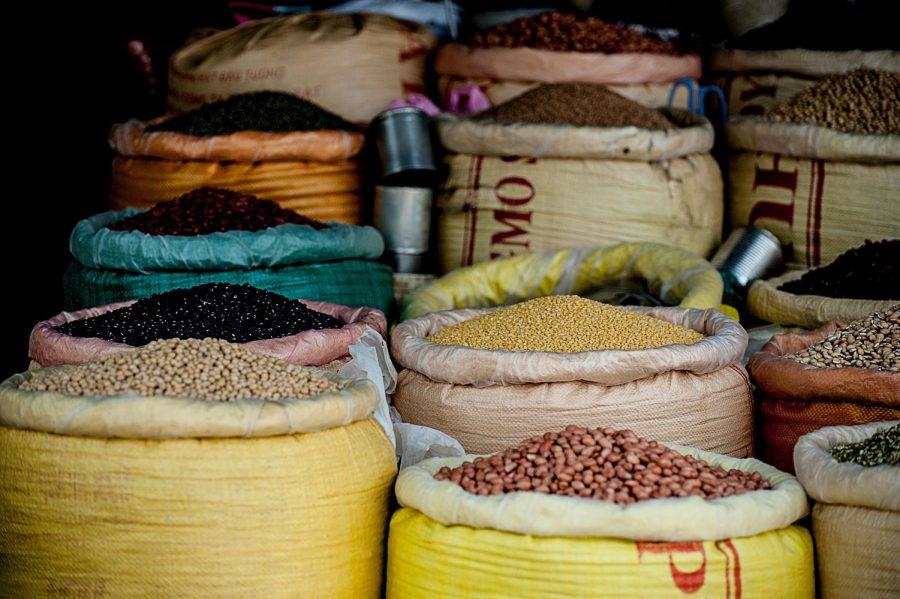Quality Non-Meat Sources of Protein
November 15, 2016
Proteins are known as the building blocks of life: in the body, they break down into amino acids that promote cell growth and repair. Traditionally, animal products such as meat, eggs and dairy are thought of as the only high protein foods. However, you may not know that there are quality sources of non-meat protein, which are often lower in calories, saturated fat and cholesterol compared to animal products. Additionally, unlike meat, many non-meat protein sources, such as nuts, seeds, beans and legumes, are good sources of fiber, a type of carbohydrate that can help decrease your risk of type 2 diabetes and heart disease. Here are some quality non-meat sources of protein that are easy to add into your every day diet:
Quinoa
Most grains contain a small amount of protein, but quinoa is technically a seed and contains more than 8 grams of protein per cup, including all nine essential amino acids that the body needs for growth and repair. It’s also incredibly versatile. Quinoa can be added to soup, served with brown sugar and fruit as a hot breakfast cereal, or mixed with vegetables and a vinaigrette to make a salad.
Seitan
Another meat substitute popular with vegetarians is seitan. It’s made from wheat gluten, seasoned savory flavors and packed with 36 grams of protein per half cup. Many say it tastes like chicken and can be used in any recipe that calls for poultry.
Tempeh and Tofu
Foods made from soybeans are some of the most common vegetarian sources of protein. Tempeh and tofu contain about 15 and 20 grams of protein per half cup respectively. Soybeans also contain a wide variety of phytonutrients. In the case of fermented soy foods, like tempeh, these phytonutrients can become more concentrated and bioavailable for your body.
Beans
There are many different varieties of beans but they are all high in protein and fiber, and low in calories! For example, one cup of garbanzo beans contains about 15 grams of protein. Beans are also very versatile and can be eaten as a side dish with a meal or added to almost any soup or salad. Beans also have been recently used as a healthy substitute in baking products.
Eating non-meat protein sources can be a healthy and an environmentally friendly way to meet your protein requirements. Also, except for soy protein and quinoa, plant protein does not provide all of the essential amino acids your body requires. However, since different foods contain different amino acids, consuming a variety of plant foods throughout the day will give your body all of the protein it needs.
Photo source:
Paul Morris (via unsplash.com)






